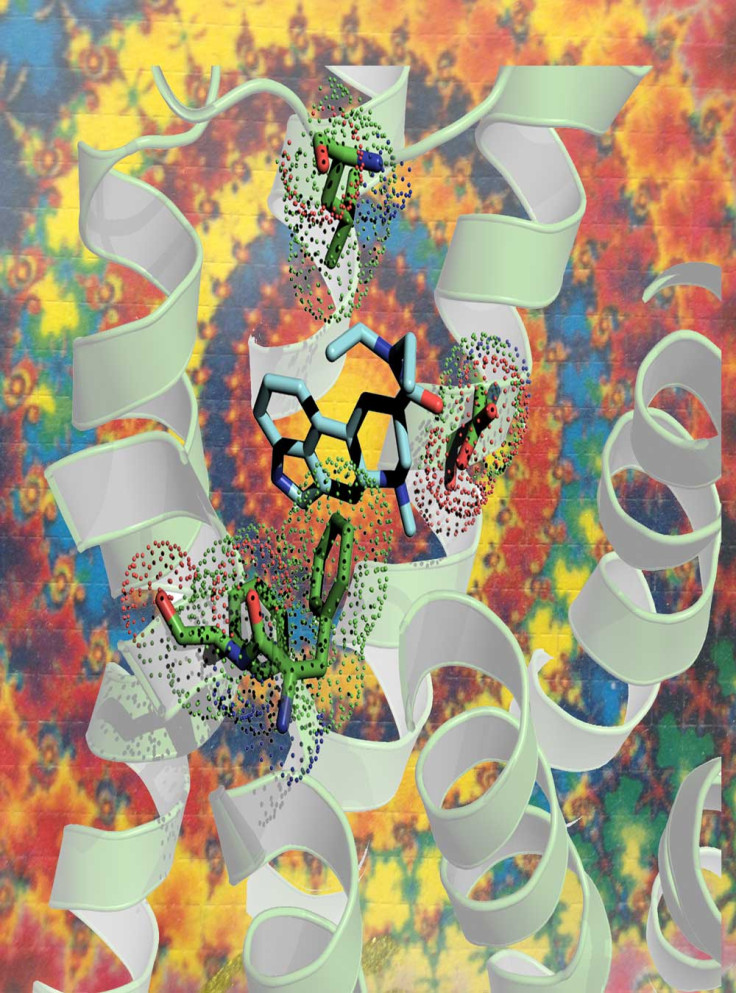How LSD makes you see the world as 'meaningful'
LSD's effects on brain serotonin receptors make us attribute meanings to stimuli from our environment.

Taking LSD alters what people perceive as meaningful in their environment. Scientists have now shown that this is due to the drugs' action on specific serotonin receptors in the brain, which are critical to how humans attribute personal relevance to things around them.
What is meaningful for one person may not be for another. While your favourite song might hold particular meaning for it might not for other people.
An important question in the field of psychiatric research is how personal relevance is created in the brain, and what causes people to find certain things meaningful.
This interrogation is all the more relevant that an important feature of many psychiatrist diseases is that patients abnormally attribute meaning to some of the stimuli they receive from their environment.
Since LSD is known to alter subjective meaning in people, the scientists decided to use the drug to find out how meaning is created in the brain and what neurochemicals are involved. Their findings are now published in Current Biology.
Music under LSD
The researchers enrolled a small sample of 22 participants. They first carried out an experiment which involved them taking a placebo, then taking LSD, and then LSD with another drug, ketanserin, which blocks LSD's effects on some of the brain's serotonin receptors.
Serotonin is a neurotransmitter considered to be a natural mood stabiliser which contributes to feelings of well-being and happiness.
LSD mimics serotonin and is mistaken by the body as such.
They then asked these participants to rank meaning attached to a series of songs. Among these songs were ones that they had described as particularly meaningful to them before the start of the research.
When under the influence of LSD, people were more likely than with a placebo to find that songs they had previously considered meaningless were now meaningful. However, this effect was significantly reduced when people were under the influence of LSD.
The researchers found that musical pieces that were previously meaningless to participants took on special meaning when those individuals were under the influence of LSD. That effect was diminished when participants were given the second drug to counteract LSD's effects on the serotonin receptors known as 5-HT2AR.

This suggests that these receptors may play a key role in the creation and attribution of meaning to stimuli, such as songs.
Functional imaging studies confirmed the importance of these receptors as well as that other cortical midline regions to generate and attribute personal relevance.
Lead author Katrin Preller of the Zürich University Hospital said: "Our results increase our understanding of how personal relevance attribution is enabled in the brain. We now know which receptors, neurotransmitters, and brain regions are involved when we perceive our environment as meaningful and relevant".
In another development, a study published in the journal Cell has also investigated the interaction between LSD and brain receptors.
It brings novel understanding of why LSD's effects linger for 12 hours or more, showing that it is all down to the way fits into serotonin receptors in the brain.
© Copyright IBTimes 2025. All rights reserved.





















